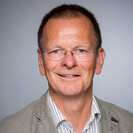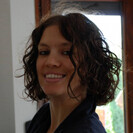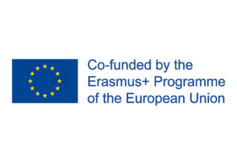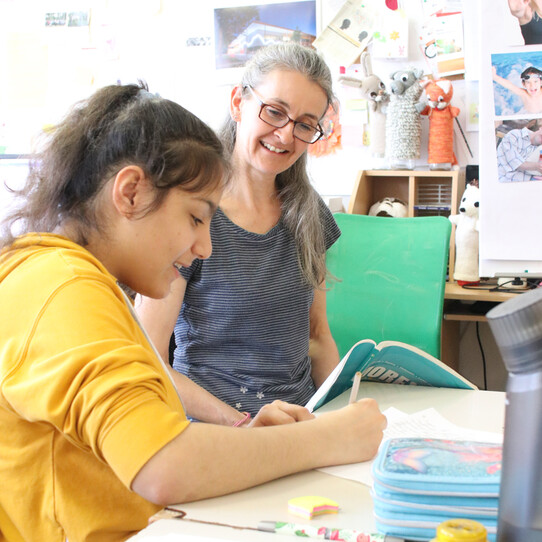Health begins in the family
Prevention and health promotion for families in precarious circumstances in Europe
About the project:
Families who are socially disadvantaged and have multiple burdens to confront are also at a disadvantage in terms of health. The seven partner organisations involved in our project come from Germany, Romania, Lithuania, Austria, Italy and the United Kingdom. In the course of their day-to-day counselling and assistance, they have found that particularly the children and adolescents in these families are exposed to a wide array of health risks. Studies have shown that poverty has an impact on the health of children and adolescents. They found a greater incidence of cavities, overweight, accidents, diabetes and coordination disorders as effects of this poverty. Early-screening examinations and vaccinations are also less frequent among children in socially disadvantaged families. Health examinations prior to primary-school entry have found a disproportionate incidence of gross-motor coordination and speech disorders as well as an increased need for early intervention. Complicating matters is the fact that this particular social group – which apparently has the greatest need for preventive measures to promote health – is also barely reached by such measures. To date, preventive health care and health promotion amongst disadvantaged families has not been a central field of action for the project partners involved. Within the framework of our European cooperation, however, we wish to devote central importance to this topic in our daily educational and counselling outreach. For one, we seek to interact with fellow stakeholders around the importance of preventive health care and health promotion in the European context, thus creating a common knowledge base, while at the same time familiarising ourselves with good practices amongst participating Member States. To this end, a total of six 2.5-day Transnational Project Meetings (TPM) will be held during the twoyear project period. Around 20 specialists from amongst the project partners will participate in each of these meetings. To make our European cooperation effective at local level as well, we would also like to initiate and conduct local testing of concrete offerings in counselling and education on the subject of health for parents in disadvantaged and poor families. Working with parents will contribute towards improving the health awareness, health behaviour and state of health of children and adolescents in their families. In this respect, we pursue a ‘setting approach’; this means that the counselling and educational offers we initiate for parents will be tested, for example, in a daycare centre, counselling centre or urban residential quarter. The family-based perspective will form an essential element of our project work. We anticipate providing advice on health issues to a total of around 350 to 400 families as part of our project. We will work within the scope of individual consultations, on the one hand; but we will also enlist the method of group consultation. Through our project work, we specifically seek to promote implementation of the European Pillar of Social Rights at the political level as a new and central strategic concept for the European Union. Particularly where Section 11 (Childcare and support to children) and Section 16 (Health care) are concerned, through our joint work, we would like to ensure that the Pillar also has a practical impact on the citizenry of the EU.
Partner organizations:
Caritas Association for the Diocese of Cologne, Germany (Coordination)
https://www.caritasnet.de/themen/europa/ueberblick/
Asociatia „ Caritas – Asistenta Sociala“ Filiala Organizatiei Caritas Alba Iulia; Romania
www.caritas-ab.ro
Association of Lithuanian Children´s day care centres, Kaunas, Lithuania
www.lvdca.lt
PISCESWM (until 2/2021) / Westsmethwick Enterprise (from 3/2021)
https://www.wsenterprise.co.uk/
Fondazione Diocesana Caritas Trieste Onlus, Italy
https://caritastrieste.org/fondi-europei/
https://caritastrieste.org/2020/10/28/erasmus-plus/
Caritas Upper Austria, Austria
www.caritas-ooe.at
Ministry of Employment, Health and Social Affairs NRW, Düsseldorf, Germany
https://www.mags.nrw/
Project description (short Version):

Ulrich Förster
Project Coordination

Andreas Sellner
Project Coordination

Barbara Schinnerl MA
Website Admin

